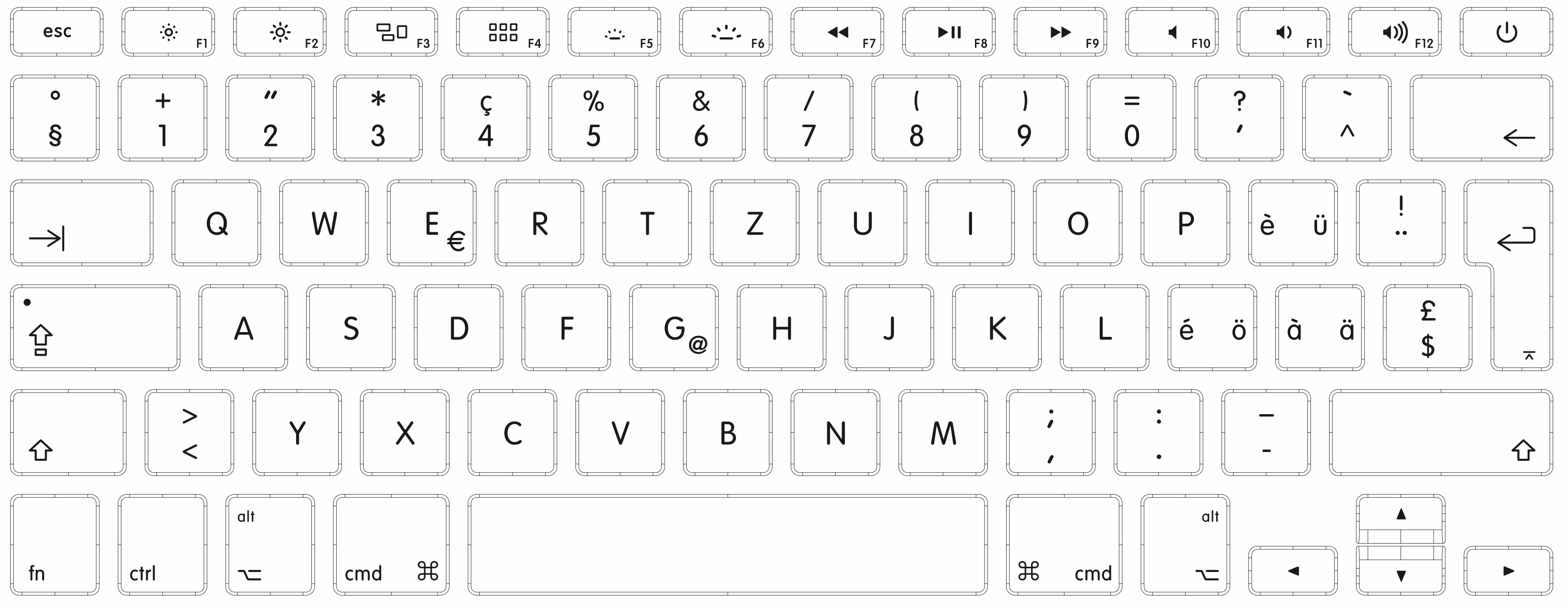Originally posted by lilelvis2000
View Post
No SQL doesn't really solve the user defined problem. You still (somehow) need to index the fields they navigate through










Leave a comment: